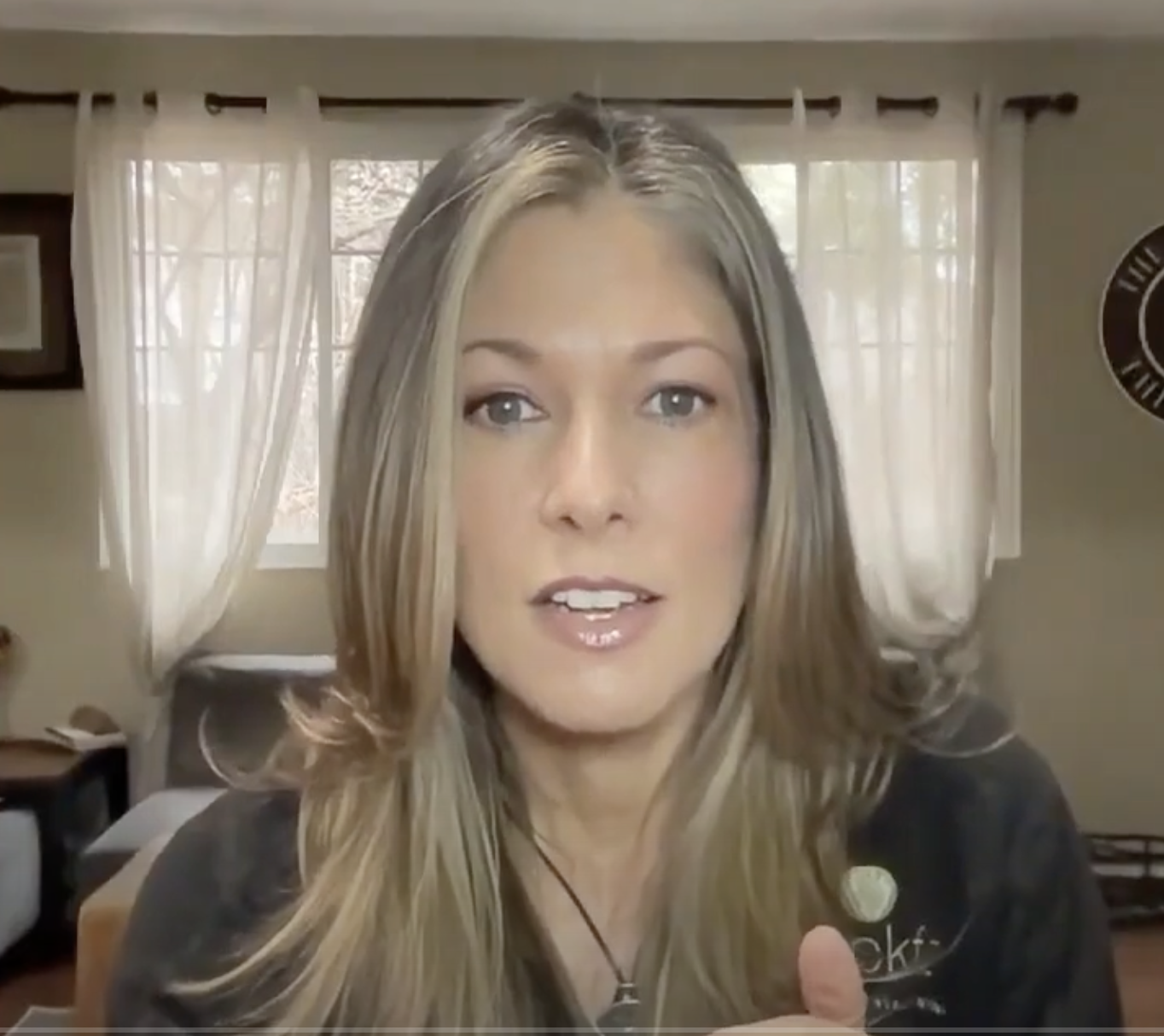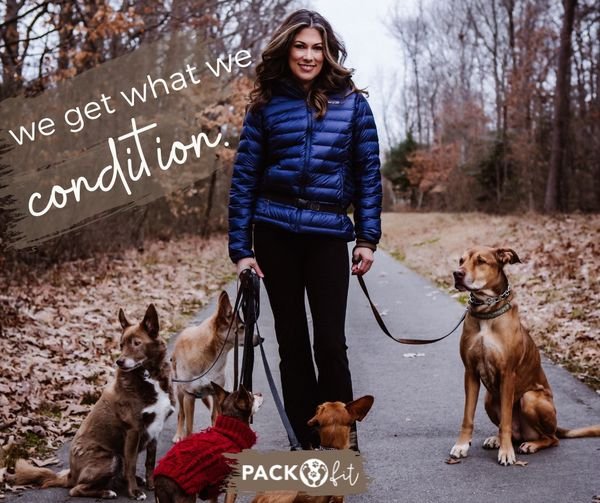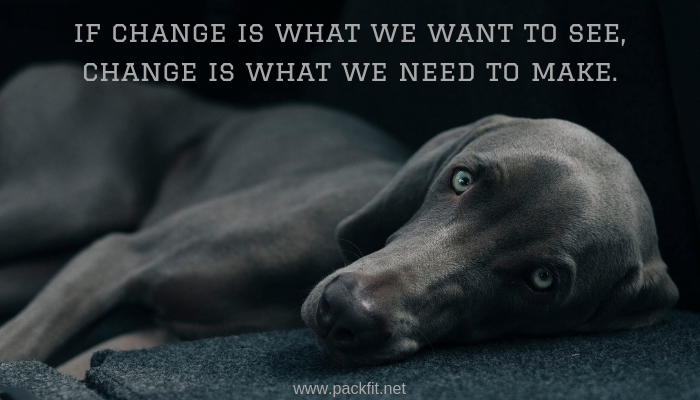
Why healing trauma benefits our dogs behaviorally.
Having a trauma-informed and *holistic* (meaning: we pay attention to ALL contributing ingredients) approach to behavior: behavioral training, conditioning, modification, and rehabilitation in working with dogs is important. Why? Because *both* ends of the leash are in constant conversation with each other. And both ends of the leash are usually responding, sharing, and exchanging from the residue trauma has left behind (aka skewed interpretations, perceptions, and filters).

Start small to go big.
Dog training and behavior modification is a big job with a ton of smaller moving parts, and often comes with a big expectations. There's usually a deep sense of urgency in play (due to the fact most wait until behaviors get so bad, so risky, and so intolerable before they invest in help), as well as a mindset that throwing money at a problem will make it go away and dog trainers are "fairy dog-mothers" (or fathers) with magic wands. There's an expectation for big results...without taking the smaller, necessary steps to reach them or any level of involvement.

If change is what we want to see, change is what we need to make.
Change. Change is uncomfortable and can be painful. It can also be quite exciting. Change often means stepping into the uncertain and the unknown. Letting go. Releasing the practices, things, circumstances, people and relationships that no longer lift, support, inspire, and positively challenge us. Who and what weighs us down. Change involves taking full ownership and responsibility of ourselves, our choices, our lives~ as well as those who depend on us.

